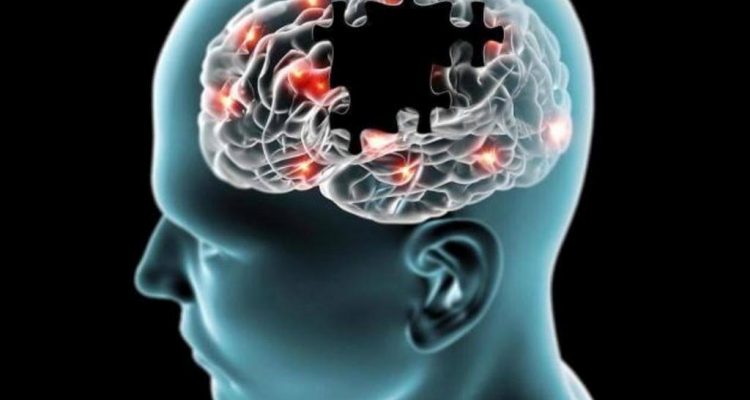
Brain Threat: A named factor that increases the risk of developing dementia by 73%
0
With age, many elderly people experience a decline in cognitive function. Some begin to experience problems with memory and perception of information to a small degree. Others develop dementia, a progressive decline in cognitive activity and loss of previously acquired knowledge and skills. The patient begins to forget simple things.
Scientists are still trying to accurately identify the origins of dementia and determine the factors that contribute to the development of diseases. A new study has shown a link between depression and mental retardation.
Scientists from the University of California conducted a study involving more than 15,000 people of various ages. They were divided into three groups: young (20-49 years old), middle-aged (50-69 years old) and elderly (70-89 years old).
Volunteers were surveyed to assess symptoms of depression. Signs of mental disorder to varying degrees were found in 13% of young people, 26% of middle-aged people and 34% of the elderly.
After analyzing the data obtained and as a result of observing a group of elderly people for 11 years, it became clear , that depression at a young age increased the risk of dementia later in life by 73%.
In addition, depression at a young age was associated with a decline in cognitive function 10 years after the onset of symptoms. Also, the risk of developing dementia in older people increased by 43% if they had depression in middle age.
Scientists explain this by the fact that the hyperactivity of the central nervous system is likely to increase the production of stress hormones, which leads to damage the hippocampus is a part of the brain necessary for the formation and storage of memories.
The study was conducted taking into account data on age, gender, race, education level, weight, presence of diabetes and smoking status.









Leave a Reply